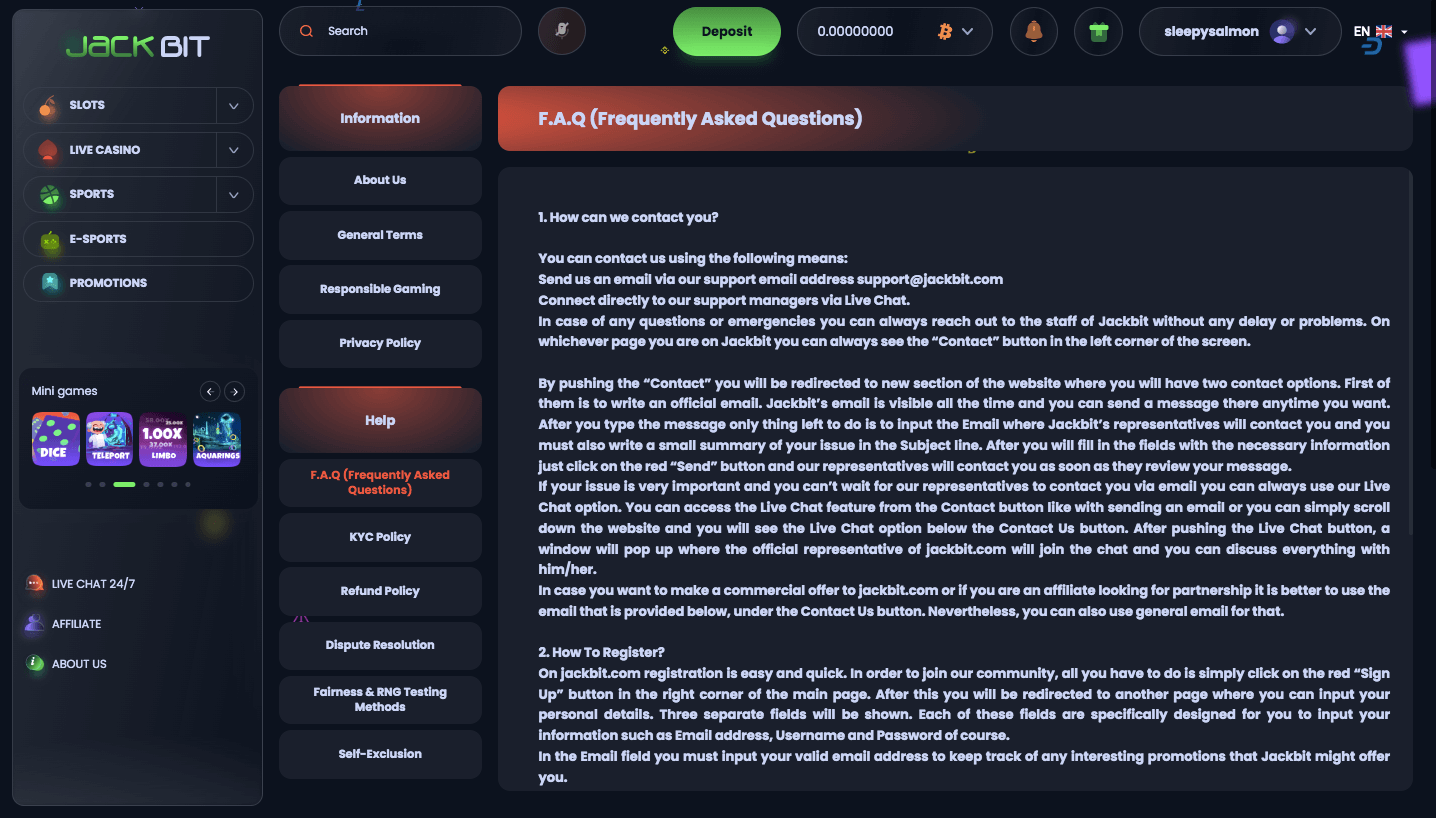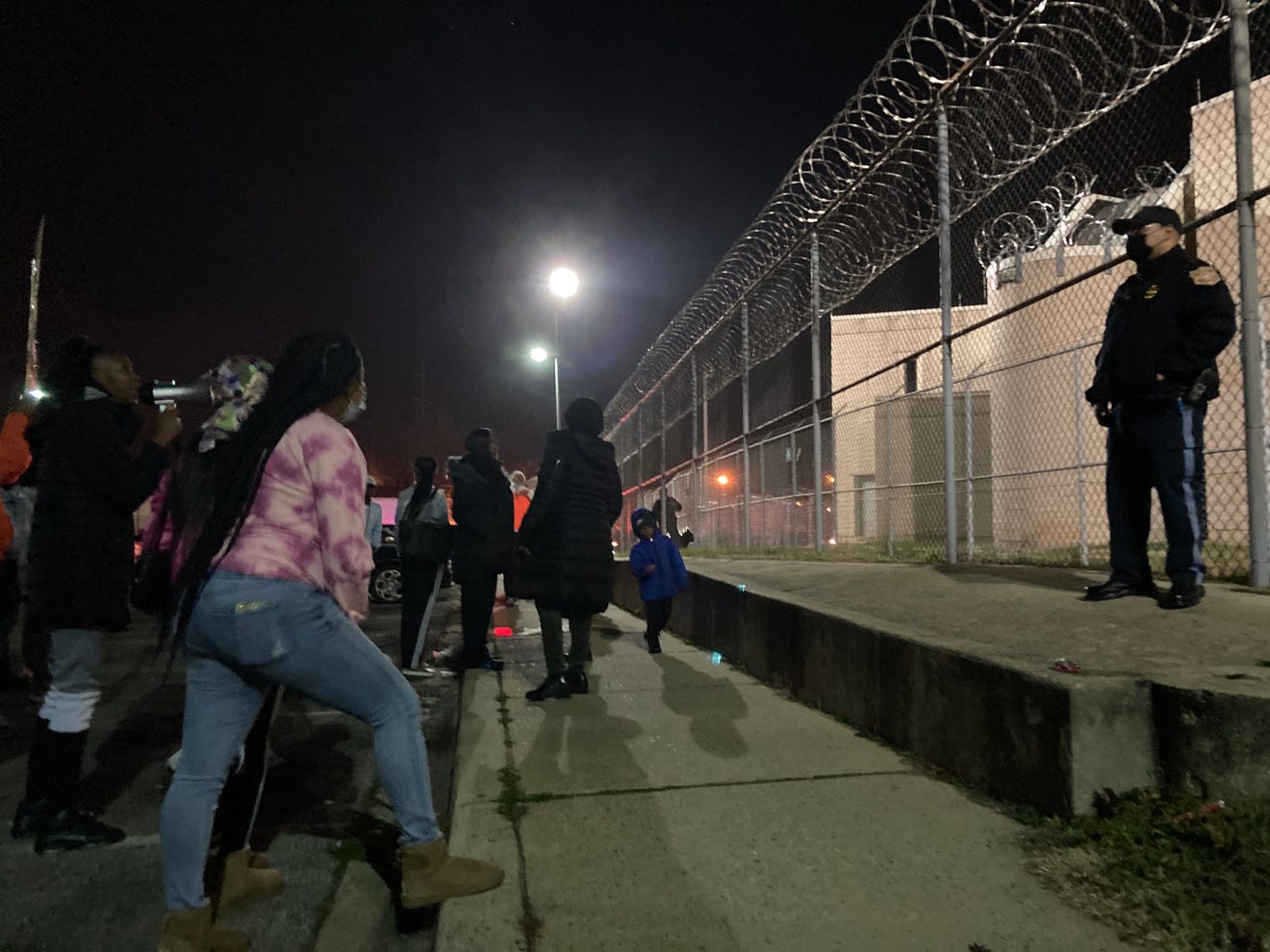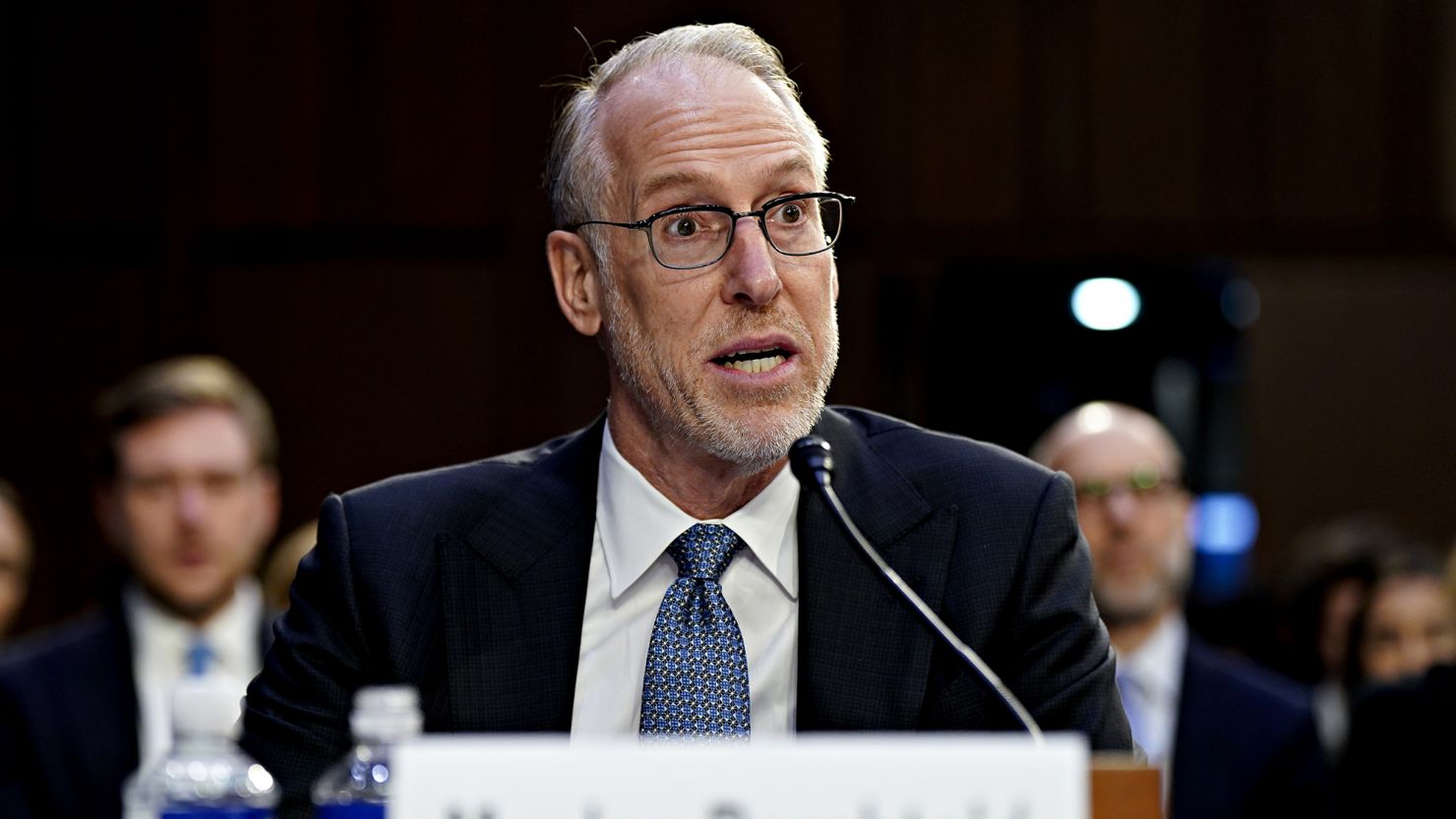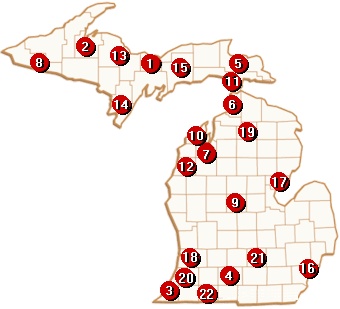The Economic Benefits Of Large-Scale Music Festivals

Table of Contents
Job Creation and Employment Opportunities
Large-scale music festivals are significant job creators, providing both direct and indirect employment opportunities across various sectors.
Direct Employment
Large-scale music festivals directly employ thousands of people. These roles range from short-term, event-specific positions to longer-term contracts.
- Event Staff: This includes roles such as ticket takers, security personnel, ushers, and cleaning crews.
- Technical Crew: Sound engineers, lighting technicians, stagehands, and other technical professionals are essential for a successful festival.
- Artists and Musicians: The festival itself provides employment for the headlining acts and supporting musicians.
- Vendors and Concessionaires: Food and beverage vendors, merchandise sellers, and other businesses operating within the festival grounds create numerous jobs.
These jobs require a diverse range of skills, from basic customer service to specialized technical expertise. While many positions are temporary, some offer the potential for longer-term employment within the festival organization or related industries. A large festival can easily create hundreds, if not thousands, of jobs, depending on its size and duration.
Indirect Employment
The economic impact of large-scale music festivals extends far beyond the event itself. The influx of visitors generates significant demand in related industries, creating indirect employment opportunities.
- Hospitality Sector: Hotels, restaurants, and other hospitality businesses experience a surge in bookings and customer traffic.
- Transportation: Taxi drivers, ride-sharing services, and public transportation providers all benefit from the increased demand.
- Retail: Local shops and businesses see increased sales as festival-goers purchase souvenirs, clothing, and other goods.
This ripple effect stimulates economic activity across the community, boosting the local economy in a way that extends well beyond the festival's duration.
Increased Tourism and Revenue Generation
Large-scale music festivals are magnets for tourists, generating substantial revenue for the host community.
Tourist Spending
The influx of visitors generates significant revenue. Festival-goers spend money on various aspects of their trip, including:
- Accommodation: Hotels, motels, and vacation rentals see increased occupancy rates.
- Food and Beverage: Restaurants, bars, and food vendors experience a significant boost in sales.
- Transportation: Visitors spend money on taxis, ride-sharing services, and public transportation.
- Local Attractions: Many attendees explore the local area, visiting museums, historical sites, and other attractions.
This spending injects substantial capital directly into the local economy, leading to significant economic multiplier effects. Each dollar spent by a tourist circulates through the community, generating additional revenue and supporting local businesses.
Tax Revenue for Local Governments
Music festivals contribute significantly to local government revenue streams.
- Ticket Sales Taxes: Taxes levied on ticket sales generate substantial income.
- Vendor Fees: Fees charged to vendors operating within the festival contribute to the local treasury.
- Sales Taxes: Increased sales in local businesses result in higher sales tax revenue for the government.
This revenue can be reinvested in vital community infrastructure projects and services, further enhancing the region's attractiveness and promoting long-term economic growth. Some local governments even offer tax incentives to attract these large events.
Infrastructure Development and Investment
Hosting large-scale music festivals often leads to infrastructural improvements and investments.
Improvements to Existing Infrastructure
The demand created by these events can incentivize local governments and businesses to upgrade existing infrastructure.
- Road Improvements: Improved road networks and better traffic management become necessary to handle the increased traffic.
- Public Transportation: Enhancements to public transport systems are often made to accommodate festival-goers.
- Sanitation Services: Increased sanitation services are required to maintain cleanliness and hygiene during and after the event.
These improvements benefit not only festival attendees but also the local community in the long term, improving the overall quality of life.
Investment in New Infrastructure
Large-scale music festivals can also attract investment in new infrastructure projects.
- New Venues: The success of a festival might lead to the construction of new concert venues or event spaces.
- Improved Transportation Links: Investments might be made in better roads, public transportation, or even airport improvements.
These investments create jobs during the construction phase and leave behind lasting infrastructure that benefits the community well beyond the festival itself.
Promotion of the Local Area and Brand Building
Large-scale music festivals provide a powerful platform for promoting the host area and building its brand.
Positive Media Coverage
These events often attract significant media attention, generating positive publicity for the host community.
- National and International Coverage: Major festivals can attract national and even international media coverage.
- Social Media Buzz: The social media activity surrounding the festival often amplifies its positive image.
This positive media coverage can significantly boost the region's tourism appeal, attracting visitors long after the event concludes.
Attracting Future Events and Investments
A successful festival can create a positive feedback loop, attracting future events and investments.
- Reputation Enhancement: A well-organized and successful festival enhances the community's reputation as a desirable event host.
- Economic Multiplier Effect: The initial economic benefits attract further investment and development.
This creates a cycle of growth, fostering long-term economic prosperity for the community.
Conclusion
Large-scale music festivals offer significant economic advantages to host communities, creating jobs, boosting tourism revenue, stimulating infrastructure development, and promoting the local area. The positive economic impact extends beyond the event itself, generating long-term benefits through increased investment and improved infrastructure. Recognize the substantial economic benefits of large-scale music festivals and support events that contribute positively to your community. Consider exploring resources on how to plan and support music festivals in your area to maximize their positive economic impact.

Featured Posts
-
 Top Bitcoin Casinos Usa Jackbit Review And Comparison
May 18, 2025
Top Bitcoin Casinos Usa Jackbit Review And Comparison
May 18, 2025 -
 Government Plans Early Prison Releases Amidst Wilders Protest
May 18, 2025
Government Plans Early Prison Releases Amidst Wilders Protest
May 18, 2025 -
 Bianca Censori And Kanye West Spotted Together In Spain
May 18, 2025
Bianca Censori And Kanye West Spotted Together In Spain
May 18, 2025 -
 Votre Escapade Ideale A Onet Le Chateau Et Le Lioran
May 18, 2025
Votre Escapade Ideale A Onet Le Chateau Et Le Lioran
May 18, 2025 -
 Analyzing Red Carpet Protocol Violations A Cnn Perspective
May 18, 2025
Analyzing Red Carpet Protocol Violations A Cnn Perspective
May 18, 2025
Latest Posts
-
 Huyen Thoai Indian Wells Nu Van Dong Vien 17 Tuoi Xuat Sac Nhat
May 18, 2025
Huyen Thoai Indian Wells Nu Van Dong Vien 17 Tuoi Xuat Sac Nhat
May 18, 2025 -
 La Alegria De Alcaraz Su Dominio En Montecarlo
May 18, 2025
La Alegria De Alcaraz Su Dominio En Montecarlo
May 18, 2025 -
 7 Bit Casino Among The Best Online Casinos In Canada For 2025
May 18, 2025
7 Bit Casino Among The Best Online Casinos In Canada For 2025
May 18, 2025 -
 Alcaraz En Montecarlo La Alegria Del Numero Uno
May 18, 2025
Alcaraz En Montecarlo La Alegria Del Numero Uno
May 18, 2025 -
 El Camino A La Alegria Alcaraz En Montecarlo
May 18, 2025
El Camino A La Alegria Alcaraz En Montecarlo
May 18, 2025
